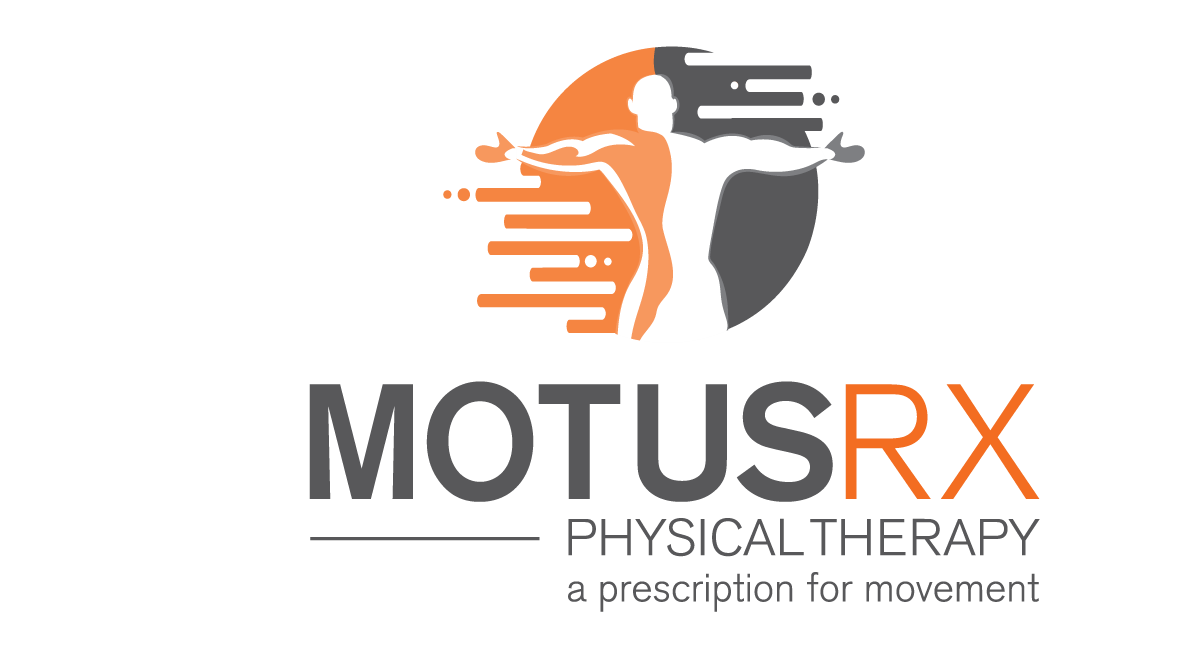Is Your Shoulder Pain Caused By Frozen Shoulder?
Shoulder pain is a common complaint amongst individuals, ranging from occasional discomfort to chronic pain. Many times people feel the effects of shoulder problems gradually, and they can be caused by poor posture, overuse during work activities, or trauma such as a fall.
Physical therapists are health care professionals who specialize in diagnosing and treating musculoskeletal conditions that cause shoulder pain. They use hands-on techniques such as manual therapy, therapeutic exercise programs, and joint mobilizations to resolve symptoms associated with shoulder pain. Physical therapists also educate patients on appropriate activity modification to prevent further deterioration of the condition.
If left untreated, acute shoulder pain can become chronic, leading to a more serious injury or disability. Weakness in the rotator cuff muscles, due to reduced activity, can lead to shoulder instability and joint dysfunction. This can increase the risk of further injury or cause limitations in the range of motion, leading to difficulty performing everyday activities.
Not only can physical therapists help with acute shoulder pain, but they also provide guidance for individuals who are looking to prevent shoulder injuries from occurring in the first place. Physical therapy treatment for prevention includes strengthening exercises that build stability in and around the shoulder joint as well as flexibility and endurance training for increased control over movement.
By learning how to use proper technique during common tasks such as sports activities or lifting objects, people can reduce their chances of experiencing a sore shoulder.
What Is Frozen Shoulder And Is It Causing Your Shoulder Pain?
Shoulder pain is a common complaint among many people. In some cases, this shoulder pain can be caused by frozen shoulder, also known as adhesive capsulitis.
Frozen shoulder is an accumulation of scar tissue in the joint that causes tightness and limitation of movement, resulting in stiffness and pain.
The cause of frozen shoulder is not entirely understood, although it may occur after an injury or following a procedure such as a surgery or stroke. It is more likely to occur in people with diabetes, thyroid problems, and certain heart conditions.
Symptoms include increased pain when moving the arm or even at rest, stiffness that limits range of motion in the affected area, and difficulty sleeping due to discomfort.
Treatment for frozen shoulder can include physical therapy, stretching, ice and heat therapy, and corticosteroid injections. If the condition does not improve with these methods, surgery may be recommended to repair or release the scar tissue in the joint.
By getting prompt treatment for shoulder pain, it’s possible to avoid developing frozen shoulder or reduce its severity. Compliance with a treatment plan prescribed by a healthcare provider is essential for successful recovery.
How Physical Therapy Can Help You if You Are Dealing With Symptoms of a Frozen Shoulder
Physical therapy is a powerful tool for treating and preventing frozen shoulder. Through physical therapy, range of motion exercises can be used to improve flexibility and reduce pain in the affected shoulder. These exercises are designed to strengthen the muscles and increase flexibility around the joint, which helps to prevent further stiffness or immobility in the future.
Additionally, manual techniques such as massage, stretching, myofascial release, and mobilization can help relax tight muscles or adhesions that contribute to pain and stiffness associated with frozen shoulder.
In addition to treatment options, physical therapists can also provide valuable information regarding diagnosis of frozen shoulder. If one experiences persistent shoulder pain that gets worse when moving their arm, they may have frozen shoulder.
Physical therapists use assessments such as range of motion tests and functional strength tests to help differentiate between frozen shoulder and other conditions that could cause shoulder pain. Through these assessments, physical therapists can accurately diagnose the source of the pain and provide an appropriate course of treatment.
Overall, physical therapy can be extremely beneficial for those suffering from frozen shoulder. With proper diagnosis and treatment, one can improve their range of motion, reduce their pain levels, and prevent future flare-ups or stiffness in the affected area.
If you are experiencing shoulder pain or immobility, it is important to seek guidance from a qualified physical therapist who can correctly assess your condition and create a personalized plan to help you achieve relief.
How We Can Help At Motus Rx…
So if you want relief and you feel that you are not getting solutions on how to best treat your pain, then feel free to schedule a free phone consult or contact us to arrange a Shoulder Pain Assessment. You can also feel free to give us a call at 920.335.7227 (We still like to talk on the phone!)
We also have many more videos related to shoulder pain, things you can do to strengthen the muscles in that area to help support your shoulder, and tips on helping you stay pain-free on our YouTube channel.
If you want more information on how you can begin treating your shoulder pain, visit us at Motus Rx Physical Therapy or check out this free report.
We love to keep people in Appleton mobile, active, and off pain pills - let our expertise go to work for you to help you return to the activities you love.
Don't forget, you can schedule a no-obligation (and free!) phone consult or visit us at our Appleton clinic as part of your Shoulder Pain Assessment. Or just give us a call at 920.335.7227.
Until next time,
Eric Wallace, PT
Other Free Resources For Shoulder Pain
Read Our Blog - Why Won't My Shoulder Pain Go Away?
Read Our Blog - #1 Reason You'll Have Shoulder Pain But Not Know It Yet
